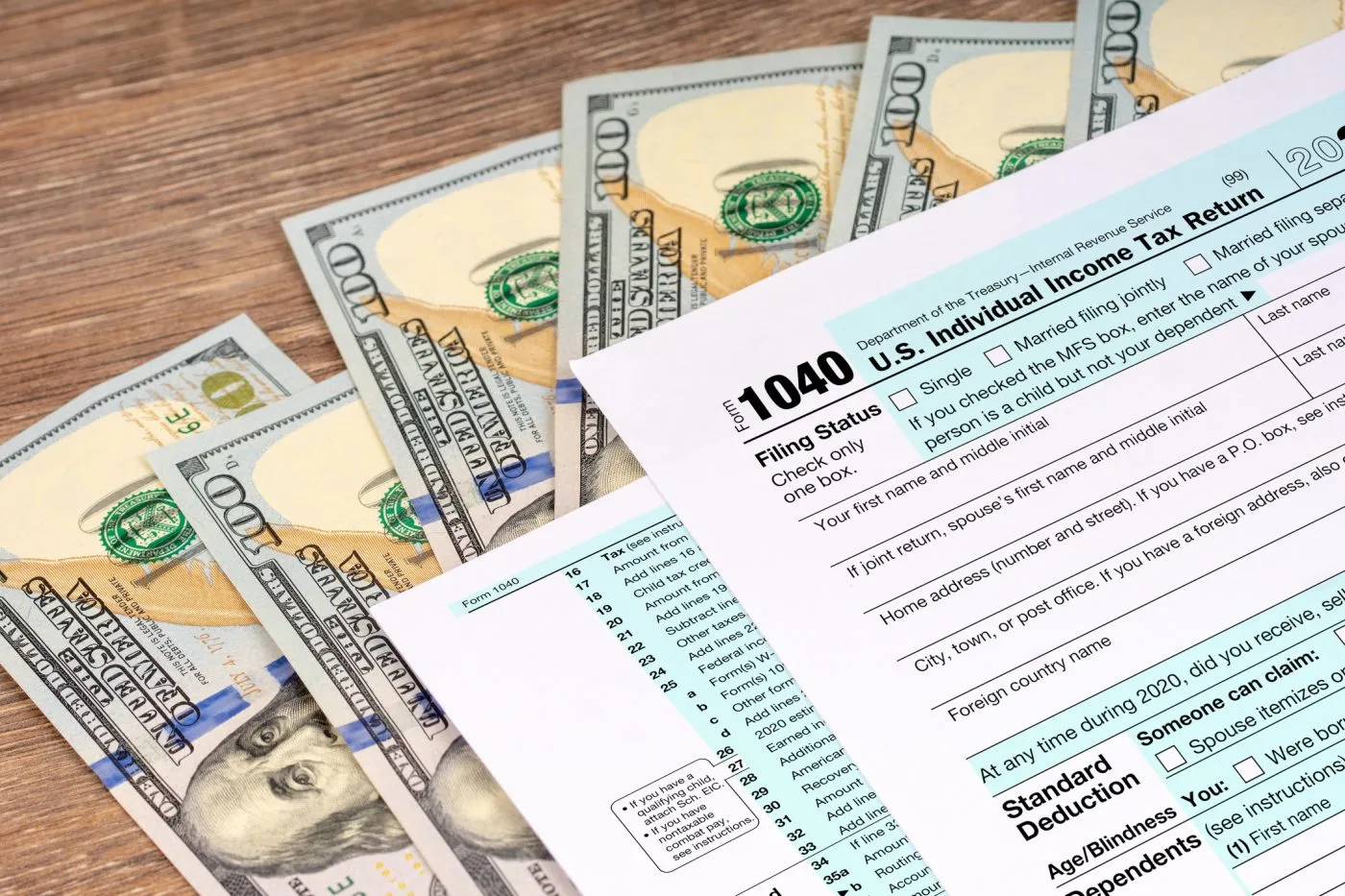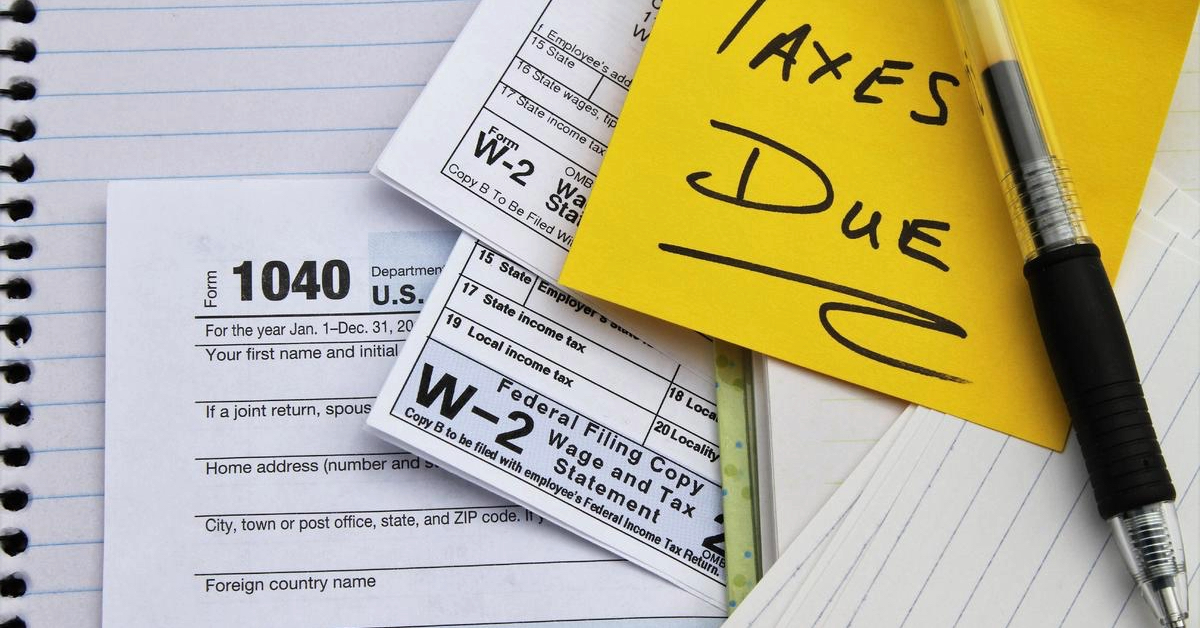A Disregarded Entity is a business structure, typically a single-member LLC, that is legally separate from its owner but not recognized as separate for federal tax purposes. The income, deductions, and credits of the disregarded entity flow directly to the owner and are reported on the owner’s personal tax return, eliminating the need for separate business tax filings.
Disregarded Entity: Key Features
- Single-owner structure: Only single-member LLCs are eligible.
- No separate tax return: Income is reported on the owner’s personal tax return (e.g., Schedule C or Schedule E).
- Liability protection: The entity offers liability protection to the owner despite its tax treatment.
- Self-employment tax: Owners are responsible for paying self-employment taxes on profits.
Disregarded Entity vs. Other Business Structures
| Feature | Disregarded Entity | S-Corporation | Partnership |
| Ownership | Single-owner (LLC or sole proprietor) | Multiple owners allowed | Two or more owners |
| Tax Filing | Reported on personal return (Schedule C/E) | Separate tax return (Form 1120S) | Separate tax return (Form 1065) |
| Liability Protection | Yes | Yes | Yes |
| Self-Employment Tax | Owner pays on all profits | Only salary subject to SE tax | All profits subject to SE tax |
| Filing Requirements | Personal tax return only | Requires corporate filing | Requires partnership filing |
| Eligibility | Only single-member LLCs | Must meet S-Corp eligibility criteria | Requires two or more partners |
Frequently Asked Questions (FAQs)
Does a disregarded entity need to file a separate tax return?
No, the income and expenses are reported on the owner’s personal tax return.
Can a disregarded entity have employees?
Yes, payroll taxes must be filed for employees, even though the entity is disregarded for income tax purposes.
What tax form is used to elect a different tax classification?
Use Form 8832 to elect a different tax status, such as a corporation.
How does a disregarded entity differ from a sole proprietorship?
A disregarded entity offers liability protection, while a sole proprietorship does not.
Can a disregarded entity change its tax classification?
Yes, by filing Form 8832 to elect S-Corp or C-Corp status.
Is a disregarded entity required to obtain an EIN?
Only if it has employees or files federal tax returns like excise taxes.
For personalized guidance on understanding disregarded entities and how they may impact your tax obligations, our team is here to help. Contact us today to discuss your unique situation and explore how this structure can align with your financial goals.





